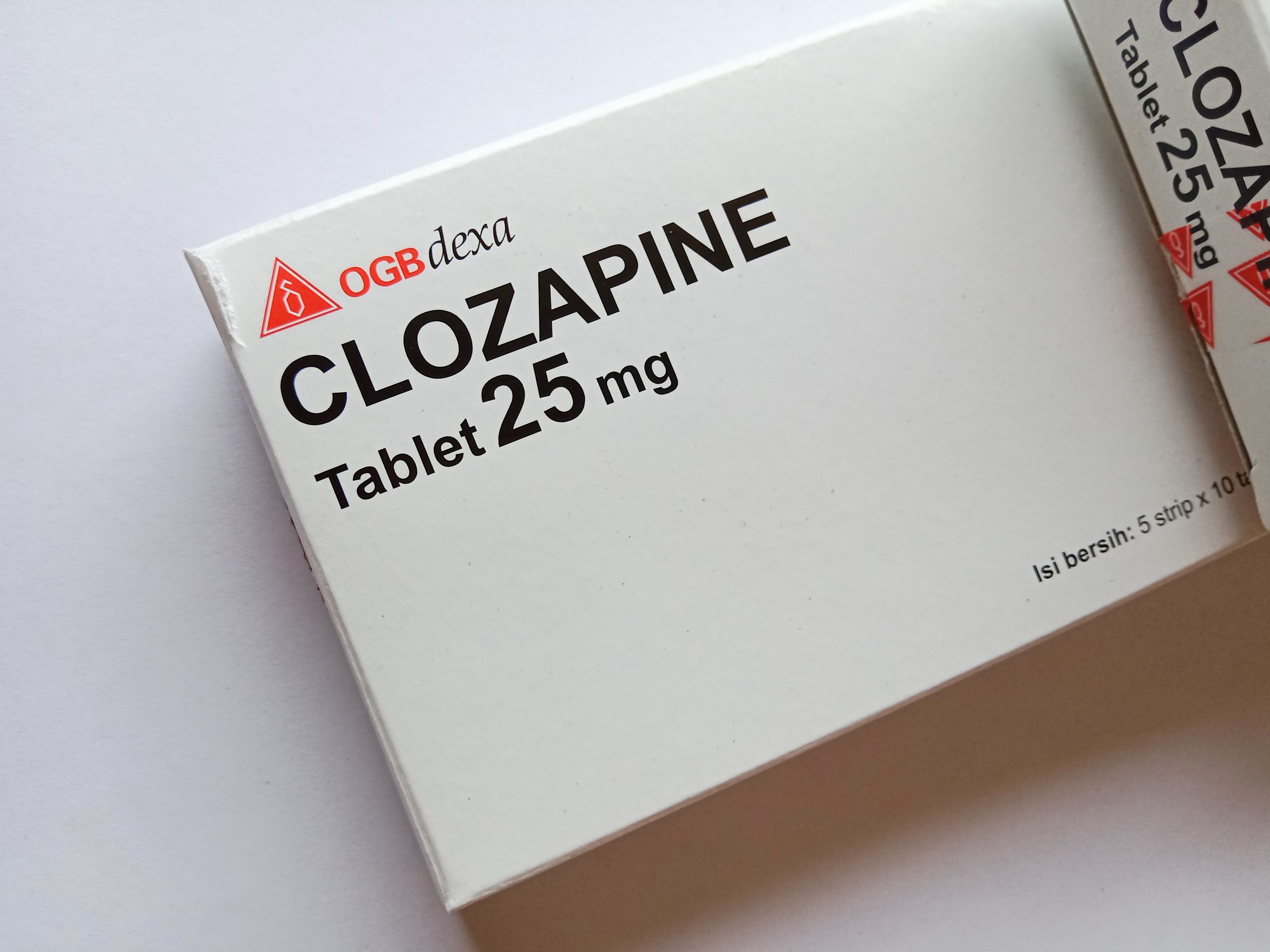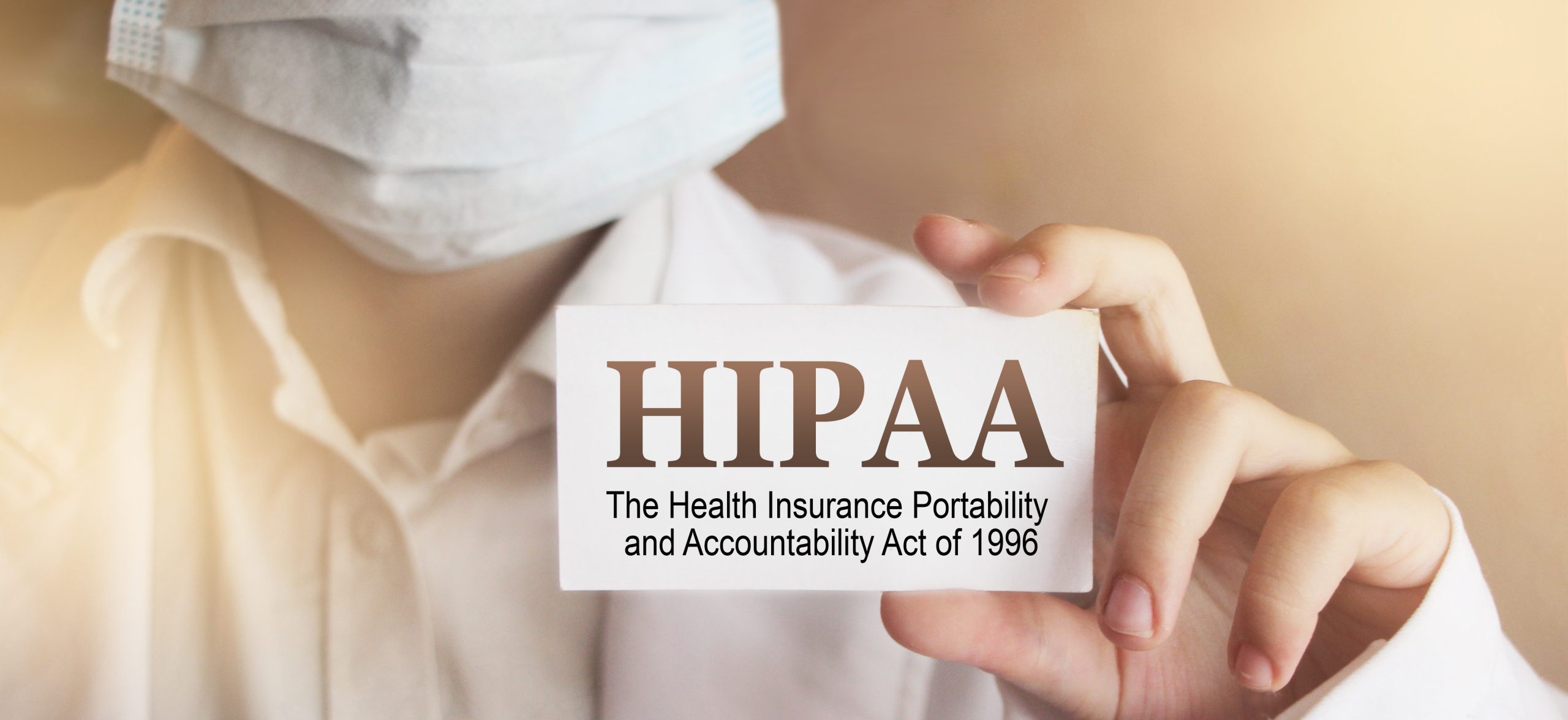Complaints and Grievances

Find guidance for filing a complaint related to poor care, denial of services, insurance reimbursement, and more. Included are resources for seeking protection and advocacy for a loved one if there are concerns about abuse, neglect, or civil rights violations.
What are options for complaints related to care or incarceration?
If a person with severe mental illness (SMI) has received poor care or been injured or denied services through the healthcare or criminal legal/corrections systems, you might file a formal complaint or contact an advocacy organization for assistance. Here are a few starting points:
- The Civil Rights Division of the U.S. Department of Justice provides an online form to report discrimination, including rights violations related to police brutality, mistreatment during an arrest or incarceration, or unsafe living conditions. See below for more information.
- Health and Human Services (HHS.gov) enforces anti-discrimination laws that apply to programs, services, and activities receiving HHS dollars. Find information on how to file a complaint with the HHS Office for Civil Rights: Complaint Process | HHS.gov.
- Your state’s attorney general can investigate complaints about companies, providers, government entities, judges, or attorneys. The office is typically divided into civil and criminal divisions and has relatively broad authority if it chooses to take up an issue.
- If you have private or employer-funded insurance and you believe your loved one has been denied reimbursement for medically necessary care, your state’s office of the insurance commissioner can provide information about complaint options.
- For help navigating the Medicaid system, families can ask their managed care organization to assign an insurance case manager to find providers and ensure that medical needs are served. With or without a case manager, families can ask for information about complaint options from the state agency that manages Medicaid—often a state health care authority or department of health.
- For complaints against an inpatient psychiatric hospital or outpatient psychiatric service facility, contact the Department of Health (or Department of Mental Health, if available) in the state where that facility is located for information about the grievance process.
Civil Rights of Institutionalized Persons Act (CRIPA)
Federal law protects the rights of individuals in state-run institutions by giving the Department of Justice (DOJ) authority to investigate allegations of discrimination. CRIPA is enforced by DOJ’s Civil Rights Division, which conducts investigations to see if there are patterns of rights violations. The department does not support individual cases under CRIPA.
Institutions are entitled to notification that an investigation is forthcoming. If an investigation uncovers civil rights violations, DOJ notifies the institution, suggests remedies, and sets a deadline for fixes. If requirements are not met, DOJ can file a lawsuit against the institution.
CRIPA protects people in these institutions:
- Jails, prisons, and other correctional facilities and detention centers
- Mental health care facilities
- Facilities serving clients with intellectual and developmental disabilities (I/DD)
- Nursing homes
DOJ’s Special Litigation Section has established toll free phone numbers and email addresses for cases related to about a dozen specific correctional facilities: Civil Rights Division | Rights Of Persons Confined To Jails And Prisons (justice.gov).
To start a report: Contact the Civil Rights Division | Department of Justice.
For injuries or unsafe conditions
Contact the Joint Commission to file a patient safety concern or complaint. The organization accredits thousands of healthcare facilities, with a mission to continuously improve care by encouraging organizations to improve the quality of their services to maintain their accreditation.
For abuse or neglect
Protection and Advocacy for Individuals with Mental Illness (PAIMI) is federally mandated and federally funded to provide no-cost services to people with mental illness regarding rights violations. The organization that manages protection and advocacy (P&A) for your state is most likely called Disability Rights [name of state]. For more information, visit Benefits.gov.
If your state’s P&A says they won’t investigate allegations of abuse or neglect for someone with severe mental illness in a public institution (hospital, jail, prison), please let TAC know by sending an email to advocacy@treatmentadvocacycenter.org. Note that volunteer PAIMI councils provide guidance to their state’s P&A regarding how funding and services are organized. Those living with a mental illness or a family member of someone with a mental illness are eligible to serve on their state’s PAIMI Council. This may provide an avenue for input to your state P&A on the needs of those with SMI and priority areas for their work. All P&A board meetings should have allotted time for public comment, so this would be an additional opportunity to share thoughts on priorities or P&A work.
You may also be able to research whether there is another organization in your state that will investigate allegations of abuse or neglect. For example, the Pennsylvania Prison Society is an organization to contact in that state.
Is a facility or provider accredited?
The Commission on Accreditation of Rehabilitation Facilities is an international, independent nonprofit focused on quality of care to encourage high professional standards. Look for the CARF seal to confirm that a provider organization is accredited. CARF’s website helps you search for an accredited provider and offers CARF Consumer Resources on topics related to aging, employment, family, and health.
What is an ombudsman and how can they help?
Accredited organizations are responsible to provide a person who can help you navigate a grievance. That person might be called an ombuds, an ombudsman, a patient advocate, a patient representative, an advocate ombudsman, or something else. University of Connecticut offers a range of definitions for ombuds with different roles.
In some states, a behavioral health ombuds can help families and individuals navigate or file a complaint within the broader mental healthcare system. You can search online by typing your state and the words behavioral health ombuds or mental health ombuds. The agency that manages Medicaid for your state—perhaps a department of mental health or health care authority—also might have information about ombuds services available.
Other options
Here are additional places to seek help in filing a grievance:
- To voice concerns regarding a facility under the Federal Bureau of Prisons, visit: BOP: Inmate Concerns.
- For patients with Medicare, complaints can be filed with a state’s Quality Improvement Organization (QIO).
- The Medicare Rights Center provides a national Helpline: (800) 333-4114.
- If your loved one is covered by private health insurance and there is an issue with mental health care coverage, you can find more information on parity laws and file a complaint through the Department of Labor.
- The National Consumer Voice for Quality Long-Term Care helps with finding a facility or resolving problems. The website includes a map to help you find a long-term care ombudsman in your area.
- Complaints can be filed for possible violations of the Americans with Disabilities Act (ADA). For information and to initiate an online complaint, visit ada.gov/file-a-complaint.
- Under the Emergency Medical Treatment and Labor Act (EMTALA) individuals are guaranteed access to emergency medical services regardless of a person’s ability to pay. This should include screening and stabilization prior to transfer or discharge. If you believe your or your loved one’s rights under EMTALA were violated, you can file a complaint to your regional Centers for Medicare & Medicaid Services office.
- For concerns and complaints related to the care of elderly people: Elder Justice Initiative (EJI) | Find Help or Report Abuse | United States Department of Justice.








